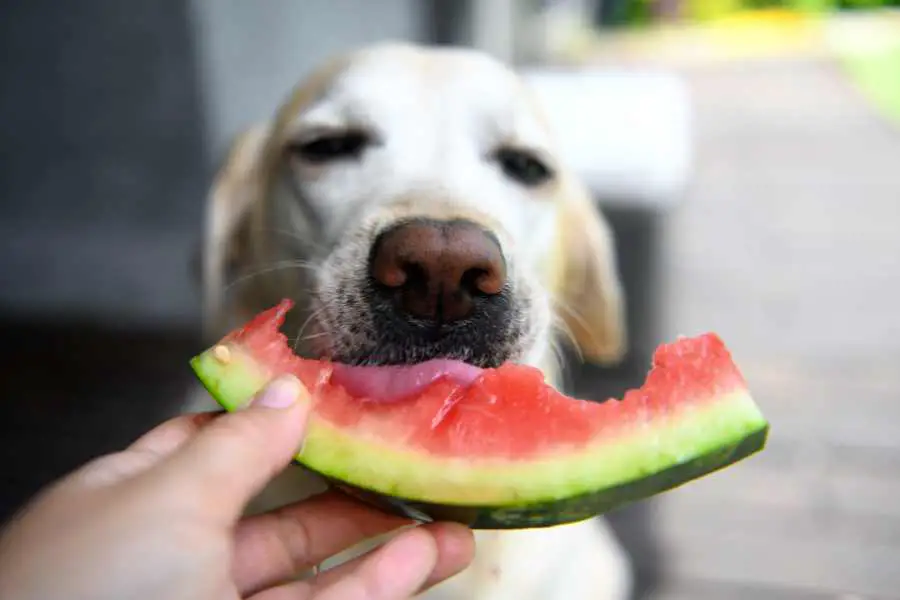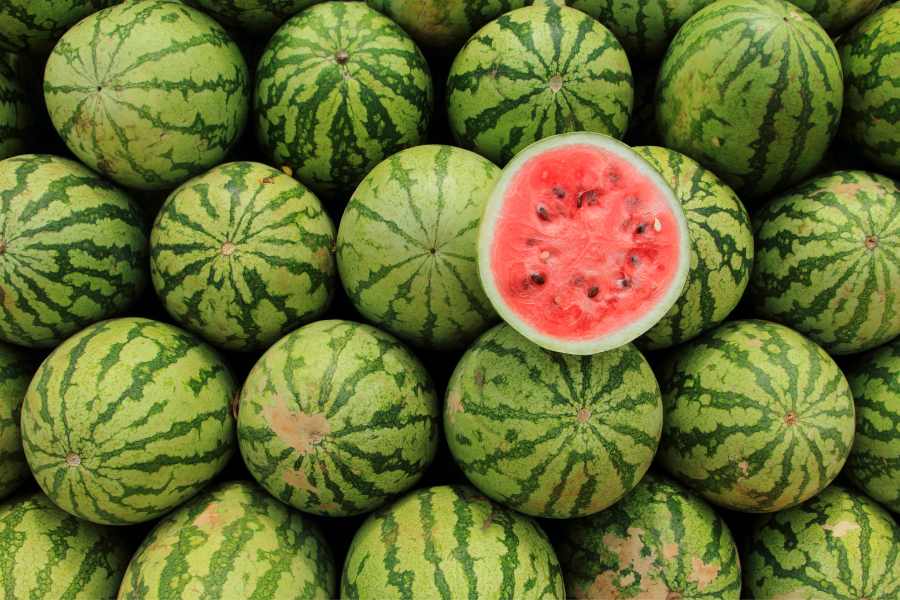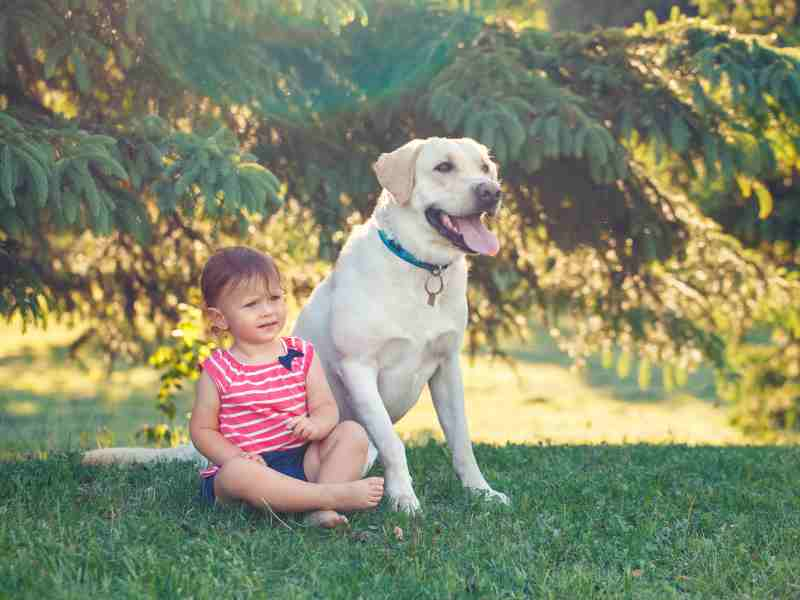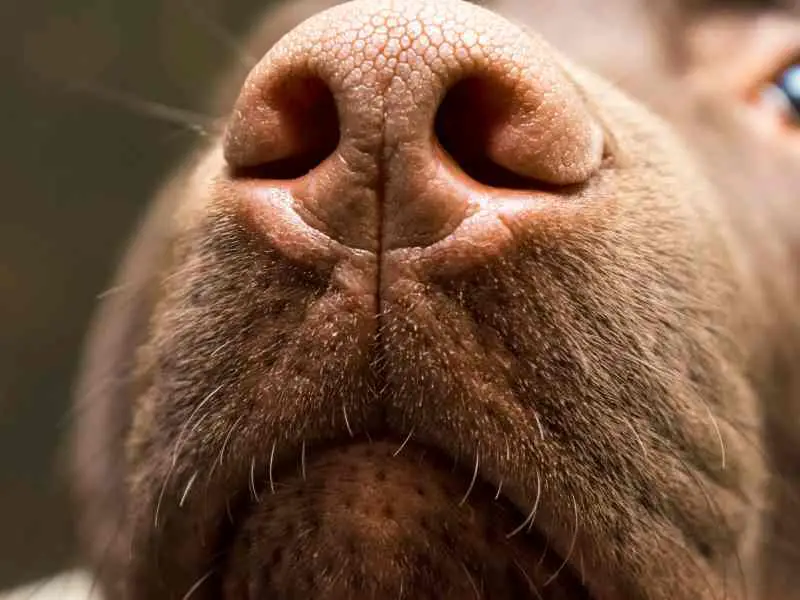Whether or not Labradors can eat Melon is a question that has been widely discussed. It is essential to understand that all dogs have different tastes and may take to certain foods more than others, and it is no different with Melon!
While some Labradors enjoy eating Melon, others may not – as with any food!

So can Labradors eat Melon? Yes, they can. As long as the melons are only a tiny part of their diet and are given as an occasional treat, they should be fine.
It is important to remember that melons contain a lot of sugar and water, which can cause gastrointestinal upset in some dogs if consumed too large.
Nutritional Benefits of Melon for Dogs
| Nutrient | Amount per serving (1 cup) |
|---|---|
| Total Calories | 72 |
| Total Carbohydrates | 17g |
| Dietary Fiber | 1g |
| Sodium | 8mg |
| Total Fat | 0g |
| Saturated Fat | 0g |
| Trans Fat | 0g |
| Monounsaturated Fat | 0g |
| Cholesterol | 0g |
| Protein | 1g |
| Added Sugars | 4g |
Melon is an excellent source of vitamins and minerals that can benefit a dog’s overall health. Rich in vitamin C and potassium, Melon can help with immunity, skin health, and hydration.
Vitamin C is essential for dogs with compromised immune systems or more prone to infection. Potassium helps to maintain fluid balance, so it can help to prevent dehydration.
read.. can Labradors eat cucumber?
Note that Melon is low in calories and can be a good option as a treat for dogs that are overweight.
Precautions when Feeding Melon to Labradors
When giving Melons to Labradors, it is essential to be careful. Melon has a lot of sugar and water in it, and if your dog overeats, it could get an upset stomach. Give them only a little bit at first, then slowly increase how much you give them over time. Eating too much Melon may cause diarrhea.
Note that the rind and seeds of the Melon should be removed as they contain a compound called cucurbitacin, which can cause stomach upset.
As long as you remove the rind and seeds, Labradors should be able to enjoy eating Melon safely.
All in all, if given as an occasional treat. Remember that your puppy needs an appropriate amount of healthy dog food as the central part of their diet.
Melon can be an excellent addition, but it should not replace their regular meals.
How to Feed Melon to Labradors

- Cut melons into small cubes, making them easier to eat.
- Remove the rind and seeds before feeding, as these can cause stomach upset in some dogs.
- Mix pureed Melon with their regular kibble or wet food for a delicious treat.
- Blend Melon into a smooth puree that can be poured over dry kibble or used in pup ice-cream recipes!
- Place slices of fresh Melon on their food dish as an added topping – they will love it!
- Freeze cubed pieces of peeled, seeded watermelon to make a cool summer snack your pup will enjoy on hot days!
All dogs have different nutritional needs, and the serving size of the Melon should be adjusted based on their weight and activity level.
read.. can labradors eat sweet corn?
Take Away
Labradors can eat Melon with some precaution, making it a great source of vitamins and minerals. Melon is low in calories and can be a good option as a treat for dogs that are overweight.
However, care should be taken when feeding Melon to Labradors as it contains a lot of sugar and water, which could cause gastrointestinal upset if consumed too large.
For best results, give Labradors only small pieces of Melon as an occasional treat and mix it with their regular kibble or wet food for a delicious snack!
In conclusion, Labradors can eat Melon safely as long as it is in moderation.





